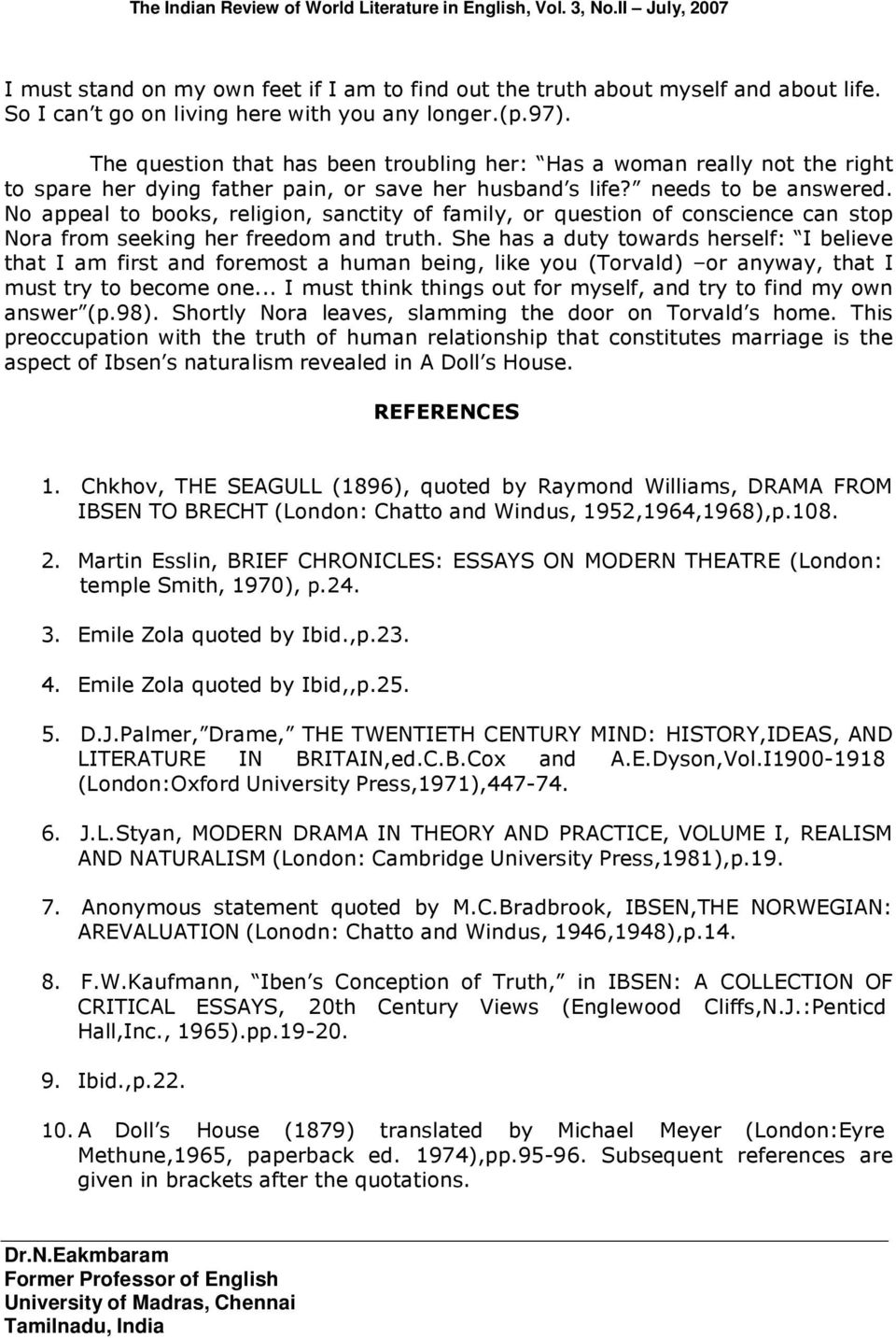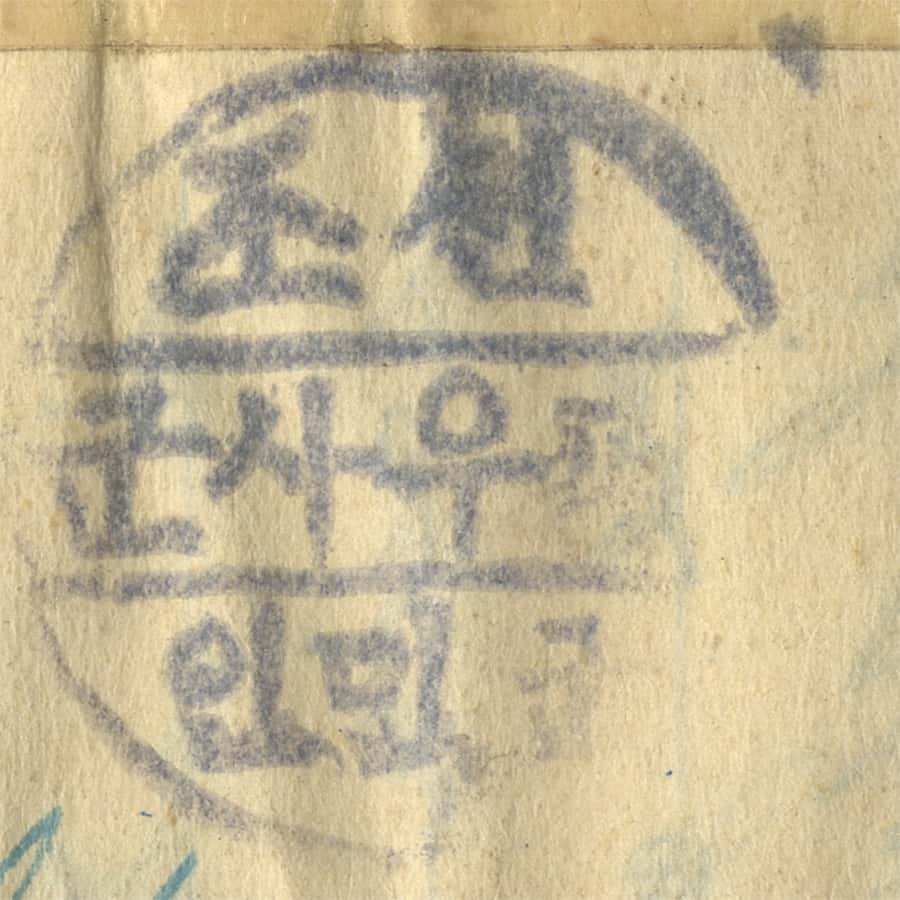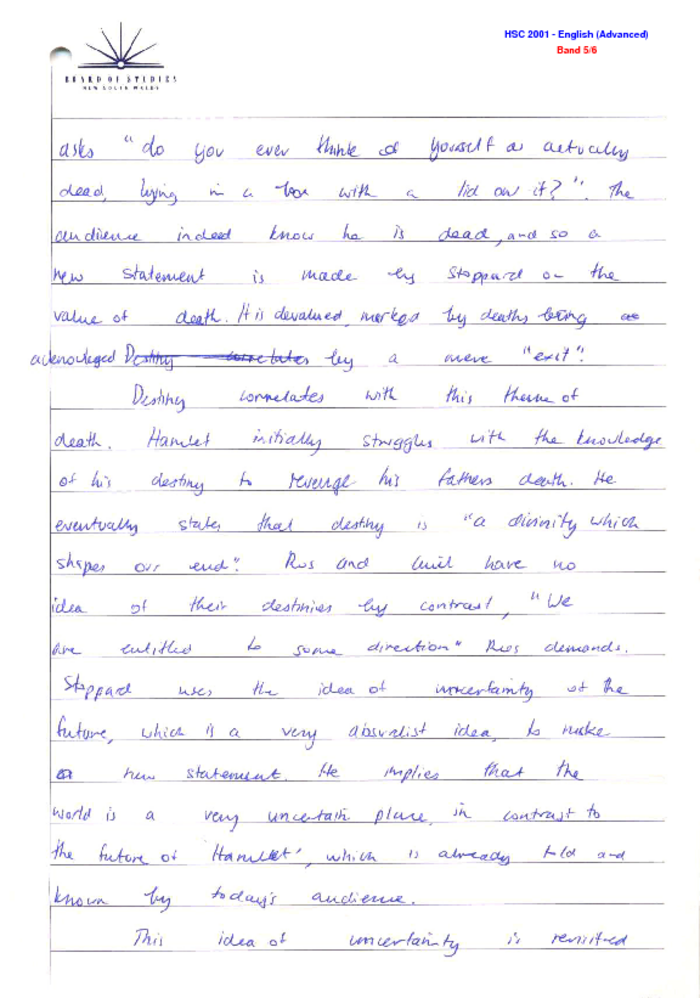The Nicomachean Ethics Questions - Shmoop.
Aristotle: Nicomachean Ethics Questions and Answers. The Question and Answer sections of our study guides are a great resource to ask questions, find answers, and discuss literature.Reading Questions for Aristotle's Nicomachean Ethics. Prepared by Tom Bowen. Whether or not Aristotle is difficult to read, or more difficult or easier to read than Plato, is a matter of personal preference and judgment. What is indubitable, however, is that Aristotle is a very different writer than Plato.In Aristotle’s Nicomachean Ethics, he expresses his opinions on the basis of thought through eudaimonia and arete. Eudaimonia is the goal of human conduct, or telos in Greek. In English, Eudaimonia translates into happiness, but Aristotle uses it as a well being through prospering and flourishing.
Aristotle: Nicomachean Ethics study guide contains a biography of Aristotle, literature essays, a complete e-text, quiz questions, major themes, characters, and a full summary and analysis. Essays for Aristotle: Nicomachean Ethics. Aristotle: Nicomachean Ethics essays are academic essays for citation.The Doctrine of the Mean maintains that virtue is a mean state between the vicious extremes of excess and deficiency. While this does not provide us with a strict formulation, it does make clear that finding the virtuous path is a matter of steering a middle course between the vices of too much and too little.

Studying for The Nicomachean Ethics? We have tons of study questions for you here, all completely free.












